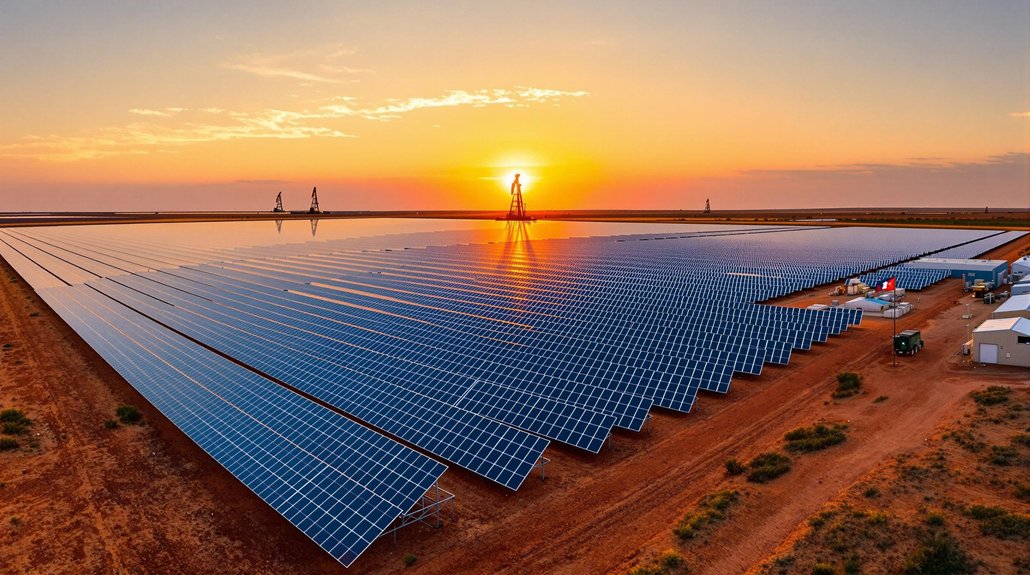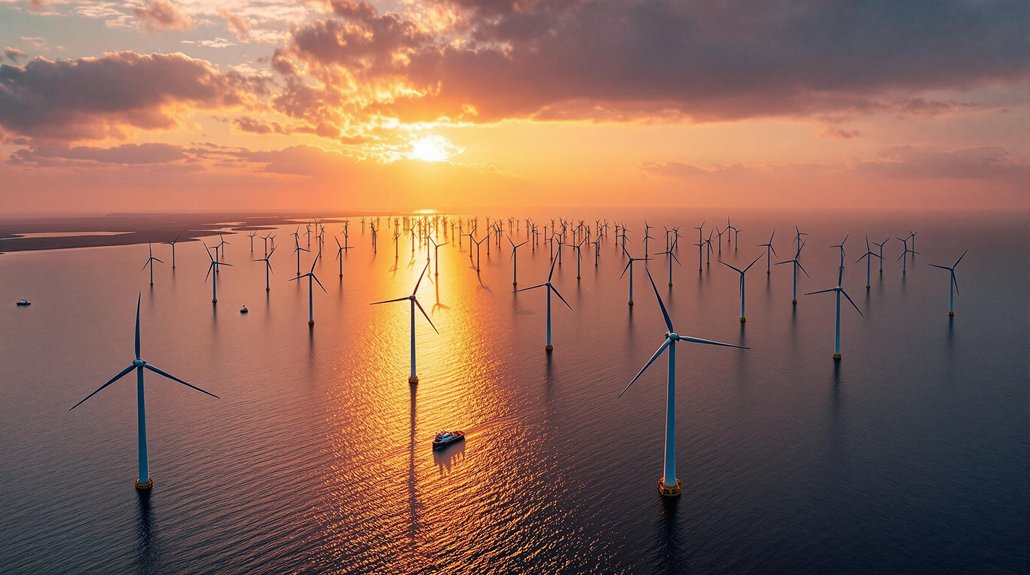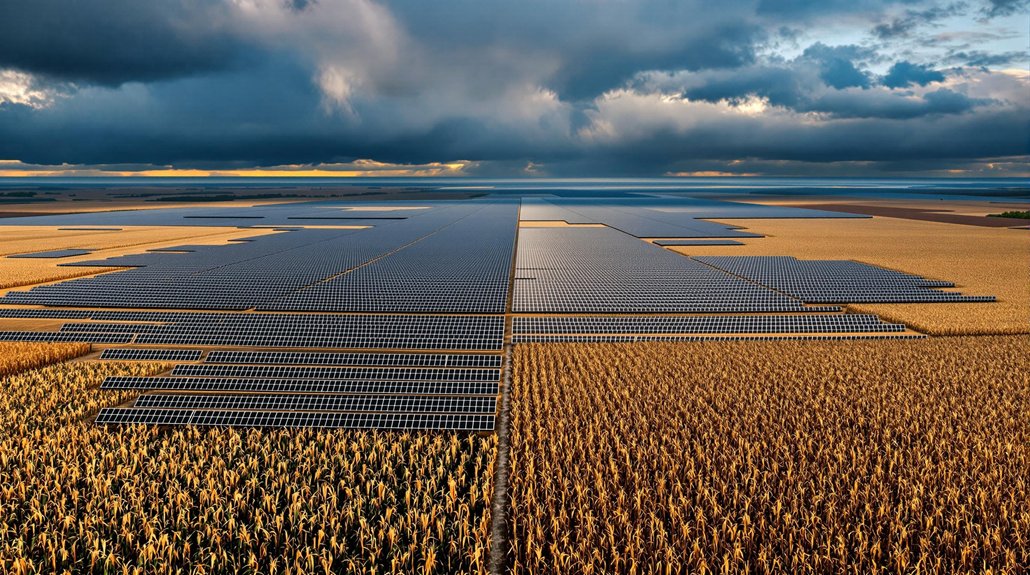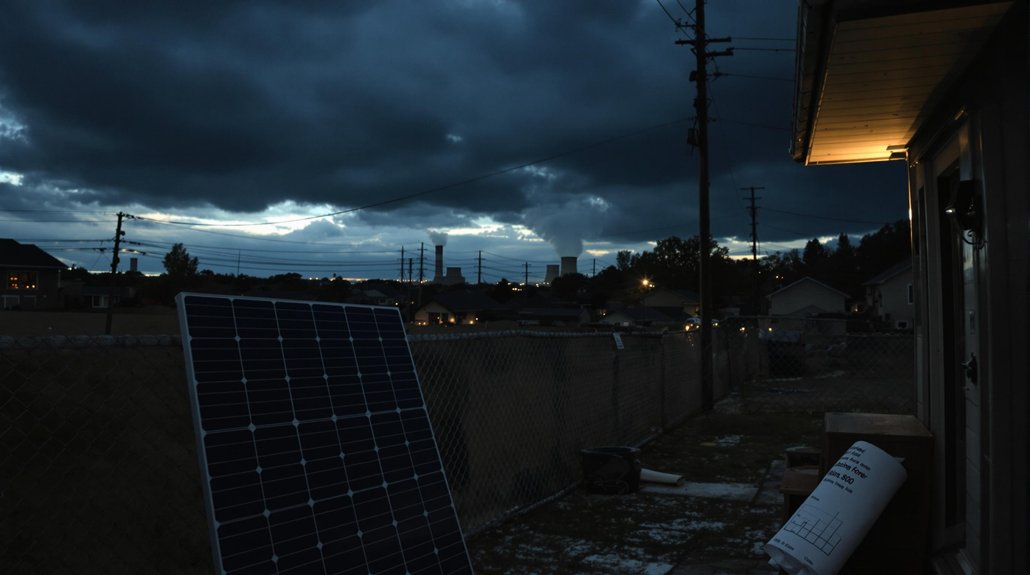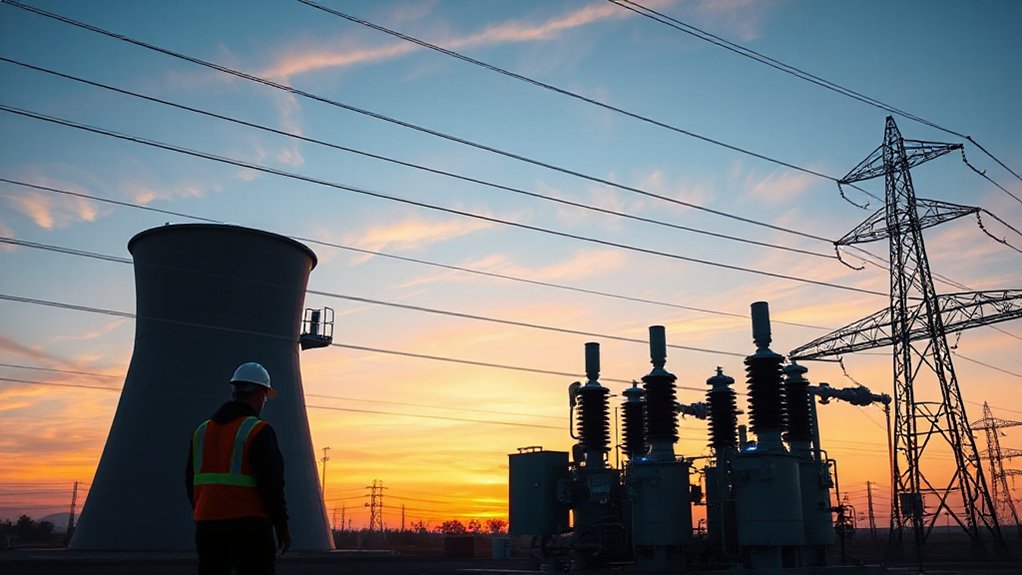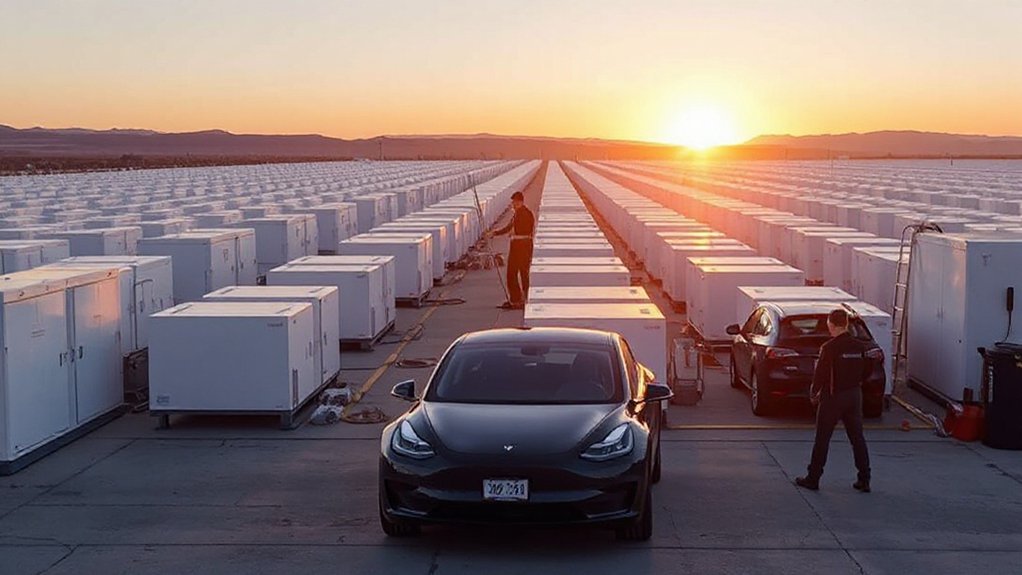Texas politicians are increasingly embracing solar manufacturing despite the state’s oil heritage. With Texas ranking first in solar growth in 2024 and contributing $14.4 billion to the state economy, bipartisan support has emerged. Nearly 90% of Texans, including 83% of Trump voters, support landowners’ rights for solar projects. The industry promises $20 billion in tax revenue and $30 billion in landowner payments, making solar a compelling economic opportunity beyond traditional energy resources.
Nearly all Texas politicians are taking notice as the state emerges as America’s solar manufacturing powerhouse. Texas ranked first nationally in solar growth and installed more solar power than any other state in the first half of 2024. The solar industry pumped $14.4 billion into the Texas economy in 2023.
Governor Abbott has publicly acknowledged Texas as the leading state for wind and large-scale solar development. This recognition comes as Texas reaches 27.5 GW of utility-scale solar capacity, representing about one-fifth of the country’s total solar capacity.
Public support for solar expansion is remarkably strong across political lines. A striking 89% of Texans support property owners’ rights to lease land for solar projects. Even among self-identified Trump voters, 83% back landowner rights for solar leasing.
The economic benefits are substantial and widespread. Solar projects are expected to generate $20 billion in taxes over their lifetimes, with 75% of Texas counties now receiving revenue from renewables and battery storage. An additional $30 billion in landowner payments is projected from renewable projects. Approximately 76% of Texans believe that solar energy brings beneficial economic impact to the state.
Texas voters also see solar as part of the solution for grid reliability. About 73% believe solar with batteries would improve grid resilience during storms. The state has increased its energy supply by 35% over four years, with record-breaking solar generation in early 2025. This shift aligns with global trends as renewable portfolio standards encourage utilities across the country to incorporate more green power.
Despite broad public support, some lawmakers are considering policies that could hinder solar development. Proposals include higher fees, regulatory hurdles, and new taxes on renewable projects.
Texas lawmakers remain focused on meeting the state’s growing energy demand. Various bills promote advanced nuclear technology, establish assistance for low-income electricity users, and mandate safe disposal plans for battery storage projects.
The state’s competitive energy market, with its real-time electricity pricing, continues to favor the cheapest and most profitable electricity sources. Companies like Elin Energy are establishing large-scale manufacturing facilities that contribute to the state’s growing renewable energy sector. In 2024, more capacity was added from solar and battery storage than from any other source, cementing Texas’s unexpected new role as a solar manufacturing leader.
